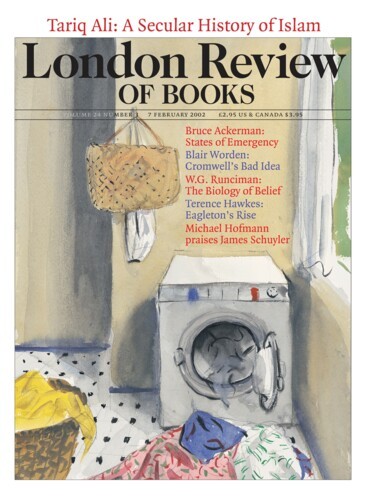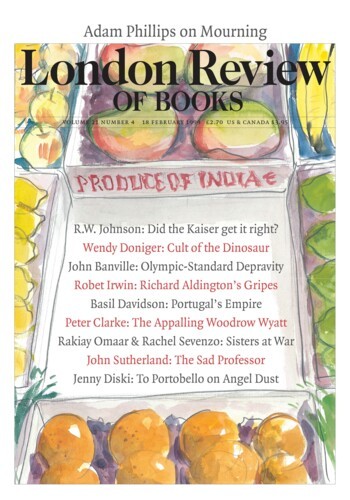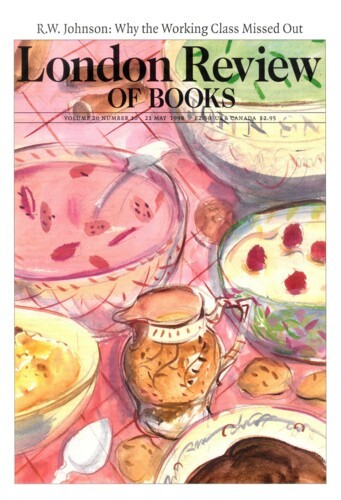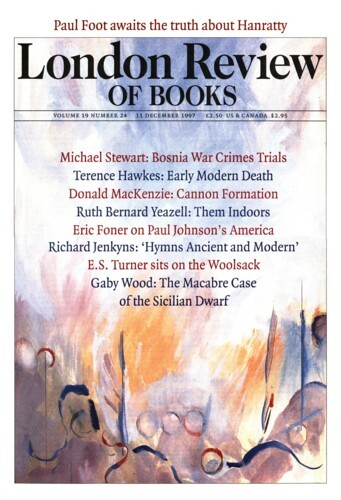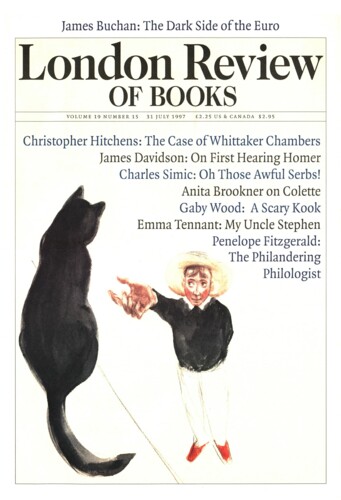Until recently, the notion that the academic subject called ‘English’ had any sort of history would have seemed rather odd. Hadn’t it always just, well, existed? Surely, at his Stratford grammar school, the lad Shakespeare mugged up his Chaucer, if not the Preface to the Lyrical Ballads and Pride and Prejudice like the rest of us? How otherwise could he have written plays full of ‘characters’ who, as all O and A-level candidates know, endlessly, remorselessly, ‘develop’? Admittedly, Stephen Potter’s The Muse in Chains had offered to blow the gaff in 1937. But pell-mell postwar expansion, to say nothing of Potter’s decline into a chronicler of comfy national foibles, soon settled its hash. ‘English’ seemed to be just there: as natural as Syrup of Figs or Marmite, and as volcanically cleansing or as briskly bracing as either to the costive national soul. Gloomy siftings of the details of the subject’s invention could be dismissed as further evidence of a crisis whose other barely distinguishable symptoms were marijuana, acne and the vapourisings of feckless French fumisterie.‘
Until recently, the notion that the academic subject called ‘English’ had any sort of history would have seemed rather odd. Hadn’t it always just, well, existed? Surely, at his...
